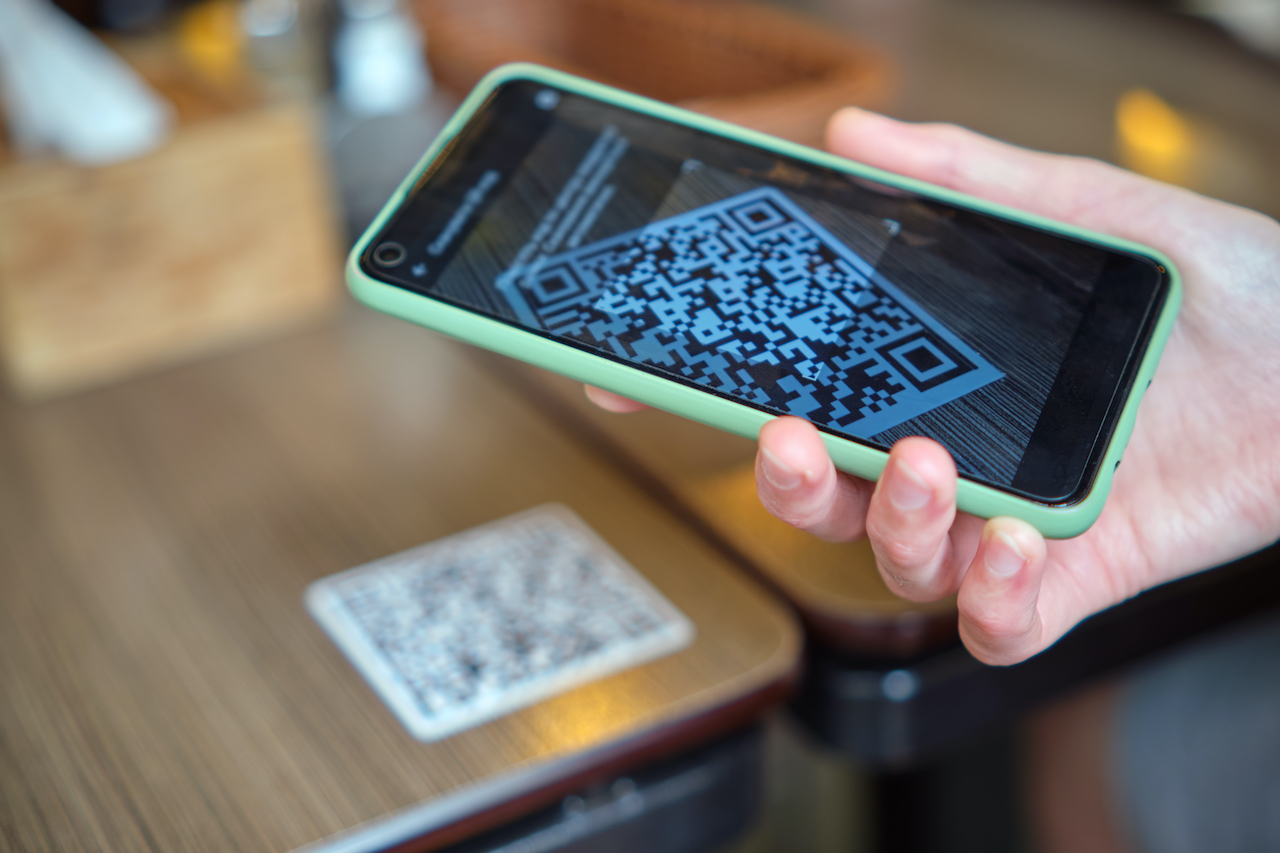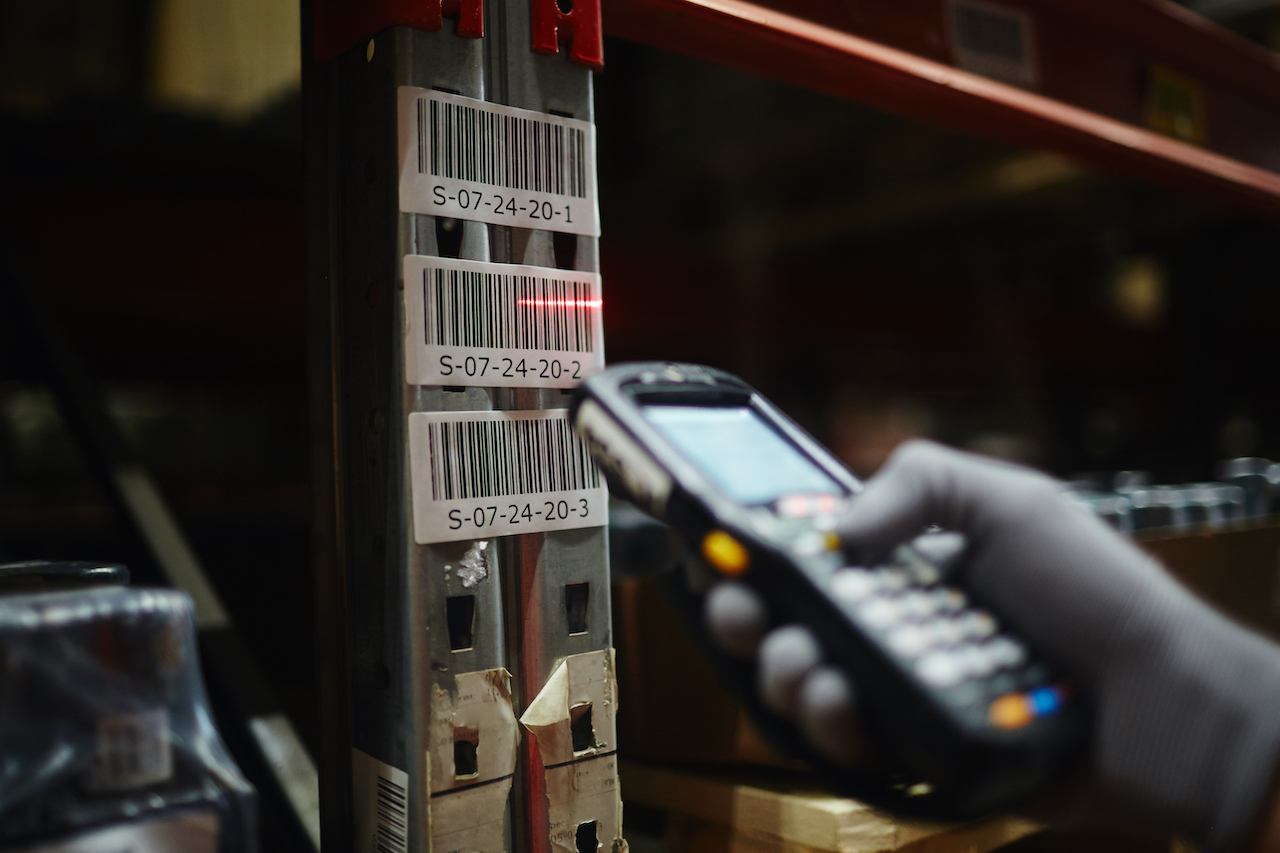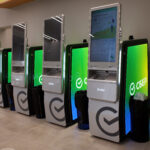For any warehouse management system, it is imperative to have a reliable system that scans and registers all products. All of them have a QR code that provides a unique identification for everyone along the supply chain. Scanning them using barcode scanners keeps the suppliers in the loop by providing them with verifiable information and updating your warehouse database.
Since most people today already carry smartphones, a few managers might have the brilliant idea to invest in software instead of more expensive commercial barcode scanners. But is it truly the correct decision in the long run? This short comparison piece will help you find out.

Why Smartphones Are Not Ideal For Business-Grade Barcode Scanning
Although most smartphones can scan a QR code with relative ease, there are inherent limitations with a design for most casual users. A few notable ones include the following.
Slow speed
Your smartphone has to provide a search query online before determining what a QR code says. That limited access control for the appropriate database slows down the scan, which affects turnaround times and can, in turn, increase overall costs.
Short battery life
An average warehouse worker shift can last anywhere between 4 to 8 hours. They don’t need to have their phone charged for every scan. Other functions like music and calls during the shift can reduce the battery further as well. That doesn’t happen with barcode scanners.
Not rugged
Most smartphones are not manufactured as per the military grade. So, they can quickly perish from dropping to the floor or smashing against heavy boxes.
Short scanning range
With a limited focus capability, most smartphones don’t possess enough scanning range to reach small areas common within warehouses.
No omnidirectional scanning
When using a smartphone, you always have to hold it upright to scan a QR code without contact. It’s a massive limitation as the camera orientation wastes precious seconds for each package. Considering there might be thousands of QR codes to scan, you’ll lose several hours per month just from mobile scanning.
Increased chances of errors
A few items shipped from overseas can have poorly printed or damaged barcodes during the supply run. Those might be difficult to scan from a smartphone. Some might even produce errors within the database, meaning more hours wasted diagnosing and removing them. The presence of smartphones also increases security risks.
Smartphone vs Business-Grade Barcode Scanners: Which To Prefer?

If you ever need to equip every worker with a consumer-grade barcoding device, ask yourself the following questions.
Will you be scanning 2D/3D surfaces (including QR codes)?
QR codes can be present on various surfaces, which requires a precise laser to scan them. It can be challenging to perform accurately with smartphones, but it will be a breeze for commercial handheld scanners.
What shall be the frequency of barcode scanning?
Like turnstiles or slide-open doors, the barcode scanning frequency is high in storage space. If you have more than 100 items stocked, it is best to have the correct barcode scanners for the job.
Would the barcodes be legible or damaged?
Smartphones can rarely pick up scratched or worn QR codes, whereas a consumer-grade barcoding device may fill in the missing information with access to an adequate database.
How is the lighting where you’ll be scanning?
Lighting plays a significant role in the security and storage of any corporate property. It can also affect the efficiency of the visitor management system. So, check if there is proper lighting. Thanks to night vision technology, a few commercial barcode scanners can scan even in the pitch dark.
Can the battery last a single shift/day without needing a recharge?
It would be best to consider whether your average worker’s shift ends within a few hours. If the scanning process for your entire inventory takes less than 2 hours, you probably don’t need a commercial-grade scanner.
You also need to account for the internet access available on-site. A good barcode scanner may need to function without connecting online.
Short Summary
With the QR code scanning technology we have today, it’s all about scale. You can use a smartphone when identifying a few products at your local retail store or visitors checking in to a commercial space. However, you require a dedicated high-end barcode scanner for large-scale applications such as warehouses. You can look into services that Qbasis provides for more intelligent services like it.



